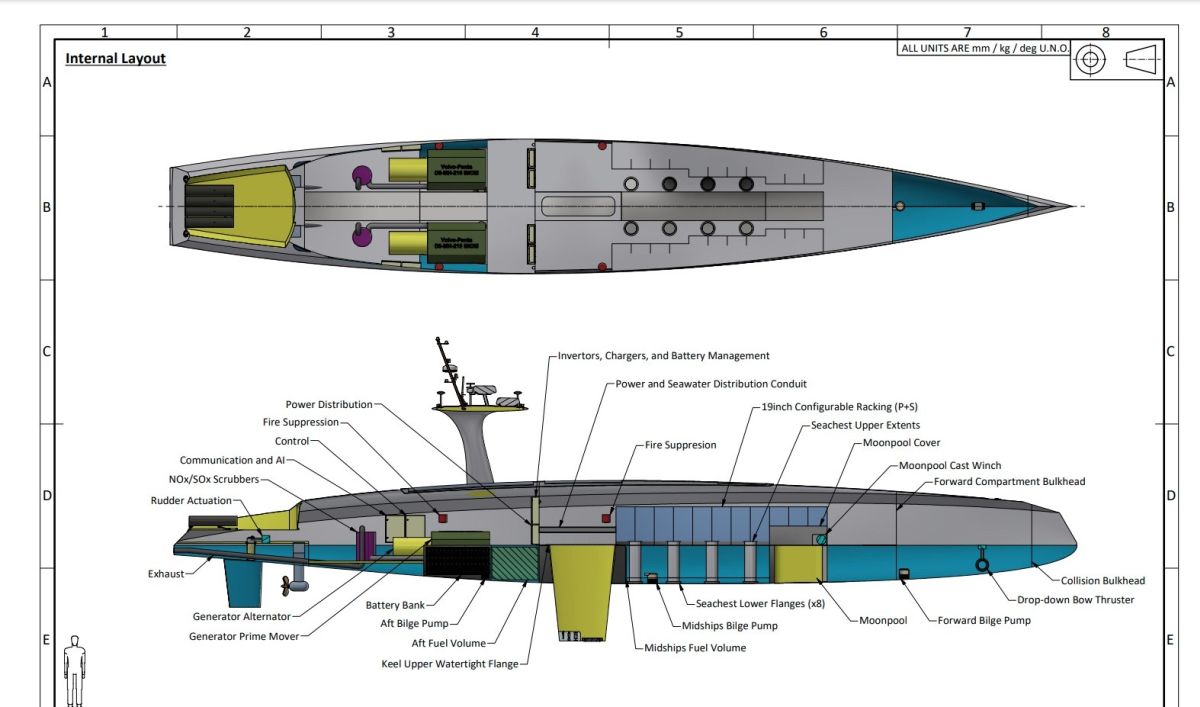15.09.2025 20:37
World’s First Long-Range Autonomous Research Vessel Under Development

There are several reasons why going the autonomous vessels way makes more sense now. It would lower human errors and costs, and enhance safety, just to name some of the primary benefits. Aware of these benefits, Plymouth Marine Laboratory is developing the first long-range autonomous research vessel in the world.
Allmarinenews uniforms oceanus will be designed and constructed by a Plymouth-based firm named M Subs Ltd. Some drawings and plans are in place so far. It can be said that it is going to have a sleek and futuristic look. It is expected to be 24 m long, with a beam of 3.5 m.
It will be lightweight and also mono hulled. Since it is meant to aid scientists in their research on climate change, fisheries, biodiversity, or biogeochemistry it will be capable of transporting different types of sensors that can gather essential data.
With the environmental factor in mind, Oceanus will be powered by a fuel-efficient diesel engine, an on-board micro-energy generation device, and solar power, courtesy of the panels on the deck, as explained by Plymouth Marine Laboratory.
Fuel consumption will be reduced significantly as no crew members will be on the vessel to add to the weight of the ship. There won’t be any living facilities as well. More information on the vessel’s range capabilities is awaited.

20.05.2025 12:50
Estonia Grants First Ever Building Permit For An Offshore Wind Farm
18.05.2025 12:00
International Day for Women in Maritime: An Ocean of Opportunities
14.02.2025 10:41
US aircraft carrier collides with merchant ship near Egypt
14.01.2025 22:30
Oil Shipping Rates Surge After US Sanctions Hit Availability
14.01.2025 22:19
Details of Azerbaijani vessels' detention in Africa revealed
25.11.2024 02:15